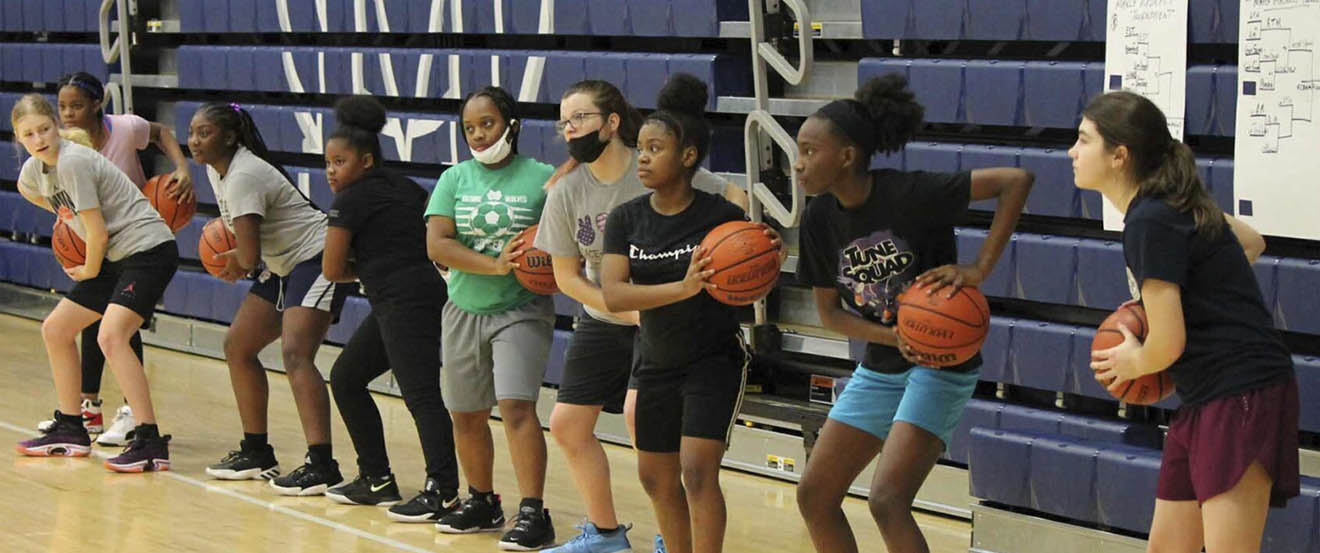No products in the cart.

Supporting Your Young Athlete: Encouragement without Over-involvement

As a parent of a new student athlete, you play a pivotal role in your child’s sports experience. Balancing support and encouragement without overshadowing their journey can be challenging. This guide offers practical tips on how to assist and motivate your child while ensuring the experience remains centered on them.
Understanding Your Role
Your primary role as a parent is to provide emotional support and create a positive environment for your child. This involves celebrating their successes, helping them navigate challenges, and fostering a love for the sport.
Tips for Supporting and Motivating Your Child
- Listen and Communicate: Open lines of communication are crucial. Listen to your child’s feelings and thoughts about their sport. Ask open-ended questions like, “What did you enjoy most about practice today?” or “How do you feel about the upcoming game?” This shows that you are interested in their experiences and value their perspective.
- Focus on Effort and Enjoyment: Emphasize the importance of effort, learning, and enjoyment over winning. Praise your child’s hard work, dedication, and improvement, regardless of the outcome. This approach helps build resilience and a growth mindset.
- Set Realistic Expectations: Keep expectations in line with your child’s abilities and interests. Understand that not every child will become a star athlete, and that’s okay. Celebrate small victories and improvements, and avoid comparing your child to others.
- Be a Positive Role Model: Demonstrate good sportsmanship and a positive attitude. Your behavior, both on and off the field, influences your child’s approach to sports. Cheer for all players, respect coaches and officials, and handle wins and losses with grace.
- Encourage Independence: Allow your child to take ownership of their sports experience. Let them make decisions about their participation, including the choice of sport, level of involvement, and commitment. This fosters a sense of responsibility and autonomy.
- Provide Balanced Support: Offer support without overstepping. Attend games and practices when possible, but avoid coaching from the sidelines or critiquing their performance. Trust the coaches to do their job and focus on being your child’s biggest fan.
- Promote a Healthy Lifestyle: Ensure your child maintains a balanced lifestyle. This includes proper nutrition, adequate rest, and time for schoolwork and other interests. Overemphasis on sports can lead to burnout and stress.
- Celebrate All Achievements: Recognize and celebrate achievements outside of sports. This helps your child understand that their value is not solely based on their athletic performance and encourages a well-rounded self-identity.
- Manage Your Emotions: Keep your own emotions in check. It’s natural to feel nervous or excited about your child’s sports activities, but it’s important to manage these feelings and not let them influence your behavior or put pressure on your child.
- Provide Practical Support: Help with logistics such as transportation, equipment, and scheduling. Show interest by learning about the sport and understanding the rules, but let your child take the lead in discussing and sharing their experiences.
Avoiding Common Pitfalls
- Avoid Living Vicariously: Resist the urge to relive your own sports experiences through your child. Their journey is unique, and it’s important to allow them to navigate it independently.
- Steer Clear of Pressure: Avoid putting undue pressure on your child to perform. Statements like “You have to win” or “Don’t let the team down” can create anxiety and reduce enjoyment. Instead, reinforce that trying their best is what truly matters.
- Respect Their Pace: Understand that progress in sports can be slow and uneven. Be patient and supportive, even if your child is not advancing as quickly as you might hope.
Supporting your child as a student athlete involves a delicate balance of encouragement, involvement, and respect for their autonomy. By focusing on their enjoyment, effort, and overall well-being, you can help foster a positive sports experience that promotes growth, learning, and a lifelong love for physical activity. Remember, the goal is to help your child thrive and enjoy their athletic journey, ensuring it remains their own unique and fulfilling experience.
